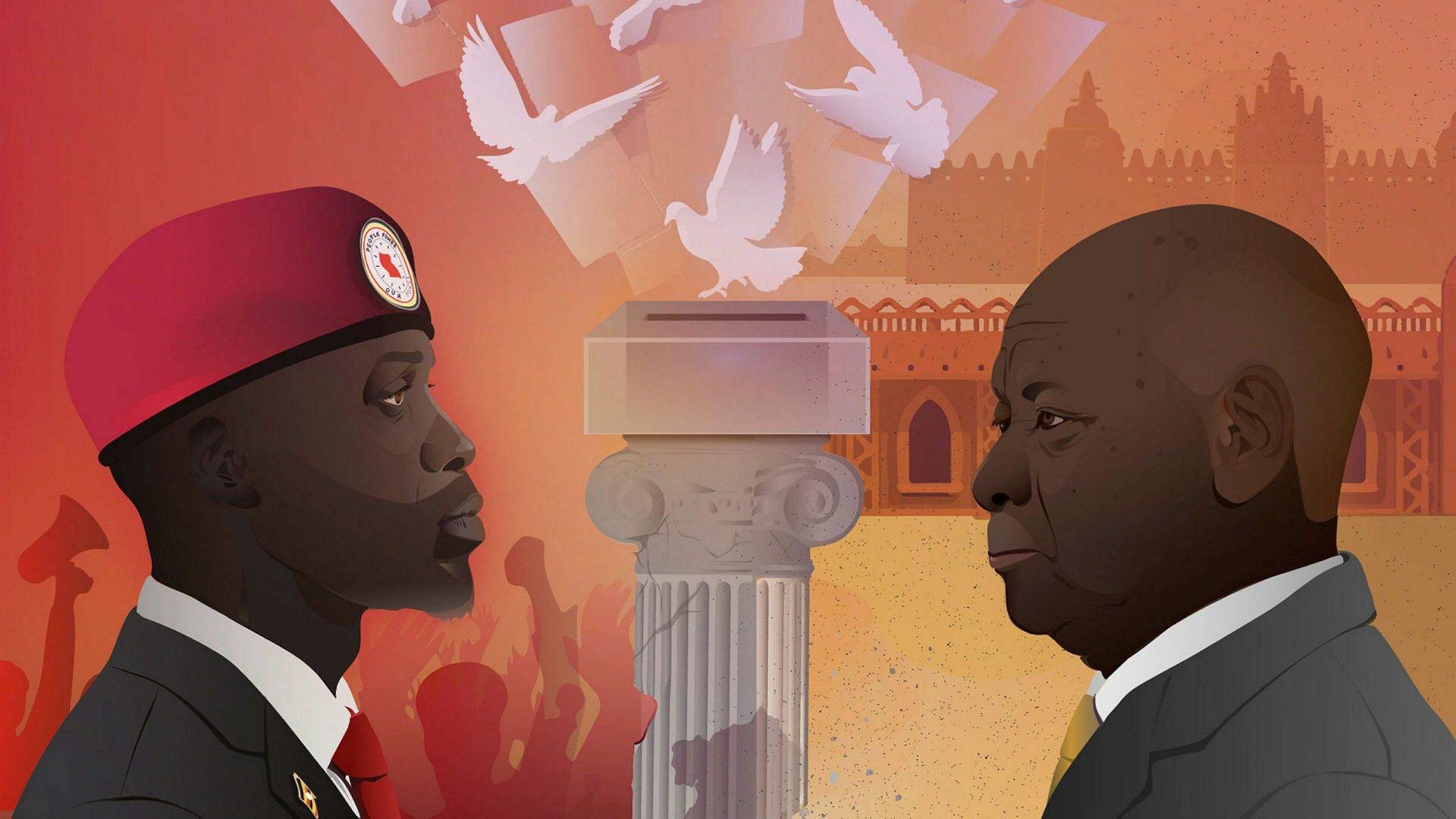Uganda’s Big Election Is Nigh And Big Tech Has Had A Big Say

On Thursday, January 14, Ugandans will march to polling points and vote in a presidential election pitting President Yoweri Museveni, who has been in power for 35 years (5 terms), against 10 other candidates.
But for what seems like the first time, President Museveni is facing stiff competition, especially that offered by pop star-turned-politician, Bobi Wine (real name: Robert Kyagulanyi), whose star power has unsettled the ruling party.
Barring some last-minute changes, the Ugandan election will proceed in a matter of days. However, one of the less-discussed albeit significant happenings in the build-up to the elections is the separate battle that occurred in the theatre of “Big Tech” in the build-up to the elections.
In Uganda, a country where a daily internet/social media tax was introduced in 2018, there seem to be undertones of government-backed censorship and government-promoted propaganda which appear to be undermined by social media.
And for a while, it has looked like efforts are being made to stifle free media. It would be recalled that in October last year, it was reported that the Uganda Communications Commission (UCC), a government-backed regulator, mandated all “providers of online data communication and broadcasting service” to obtain authorisation from the UCC by 5th October 2020.
Also, it was revealed that the UCC requires any person or group who uses any channel, including social media, to provide online data communications and broadcasting services, to obtain authorisation, starting with paying an annual fee of UGX 100 K (USD 27.00). Many have termed this an effort to alienate dissenters and muffle dissent.
Besides the above, global tech giants like Google and Facebook have also been forced into the fray.
In December, Uganda asked Google to block at least 14 YouTube accounts linked to the country’s main challenger in the upcoming elections for “sensationalist” broadcasts. The channels had more than 59 million viewers and 300,000 subscribers as of December.
As Bloomberg had gathered from, Abudu Sallam Waiswa, the head of legal affairs at the UCC, the “holders of these accounts are operating illegally and should be suspended until they obtain licenses and adhere to broadcasting standards.”
Waiswa claimed that the regulator sought to enforce the law and it was a mere “coincidence” that accounts linked to the main opposition, Bobi Wine, were affected.
The authorities had blamed the broadcasts for inciting deadly protests in November sparked by the arrest of Wine, a strong critic of the Museveni regime, for allegedly breaching Covid-related restrictions by holding mass rallies. For what it’s worth, President Museveni has also been spotted in more than a few crowded rallies of his own.
Later in December, it was reported that the American tech giant, Google, had turned down UCC’s request to close those YouTube channels for allegedly fanning violence, asking for more justifiable reasons to take any action.
It was stated in various reporting that analysts in the capital, Kampala, alluded to sinister political motives behind the requests of the government authorities, as it had come in the middle of a campaign for presidential elections.
Further, in what appears to be another twist in the tale, another Big Tech company appears to have acted with the election on the horizon. This time, there was a takedown, alright, but not in the way the authorities would have hoped.
Reports have it that Facebook has today announced it has taken down a network in Uganda linked to the country’s ministry of information for using fake and duplicate accounts to post ahead of this week’s presidential election.
“Given the impending election in Uganda, we moved quickly to investigate and take down this network,” Facebook said in a statement. “We found this network to be linked to the Government Citizens Interaction Center at the Ministry of Information and Communications Technology in Uganda.”
“They used fake and duplicate accounts to manage pages, comment on other people’s content, impersonate users, re-share posts in groups to make them appear more popular than they were,” Facebook said.
According to Reuters, Judith Nabakooba, Uganda’s minister of information, said she needed more time to examine the situation before revealing their official position on the matter.
Featured Image Courtesy: Financial Times